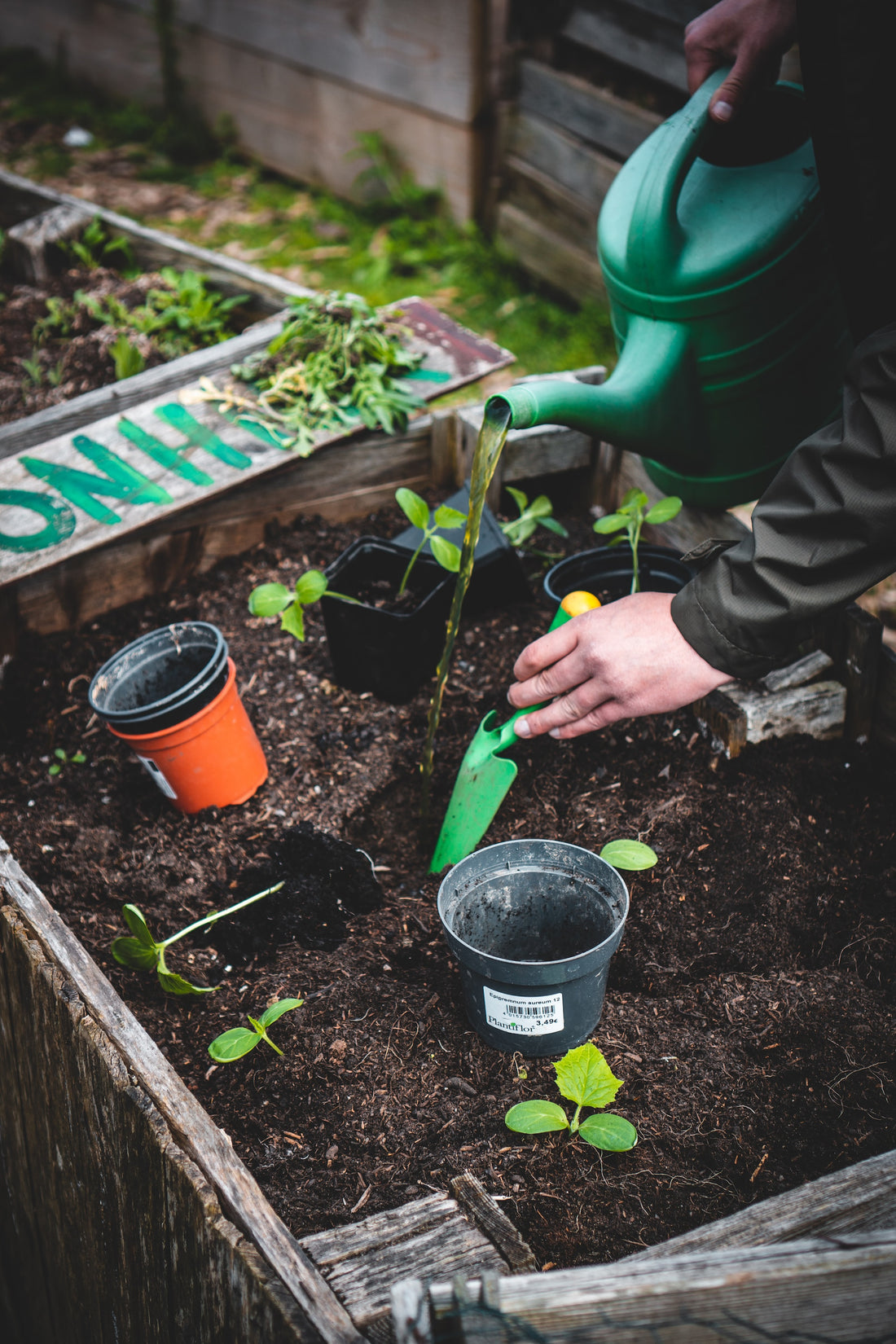Gardeners are tapping into the power of an age-old secret – compost tea. This potent brew boasts a myriad of benefits, improving soil health, plant growth, and the overall productivity of a garden.
Understand What Compost Tea is
Compost tea is a nutrient-rich, potent concoction brewed from compost. This liquid gold is packed with beneficial microbes such as bacteria, fungi, and yeast, which can provide a significant boost to the health of your soil and plants.
Contrary to what the term might suggest, compost tea is not the runoff water from a compost pile. The latter is often anaerobic, filled with harmful microbes that can damage your plants. Compost tea is conscientiously brewed, resulting in a liquid compost concentrate teeming with beneficial microorganisms.
The Benefits of Compost Tea
Enhances Soil Health
Much like how a healthy gut microbiome can boost our immunity, a robust soil microbiome can significantly enhance soil health. This microbial infusion from compost tea improves soil structure and fertility.
Promotes Plant Growth
Compost tea isn't just beneficial for the soil; it's a boon for plants too. It enhances nutrient absorption, making your plants stronger and more vibrant. It can also help prevent certain diseases and pest infestations.
Increases Water Retention
Improved water retention is another advantage of using compost tea. This makes it an excellent addition to your watering strategies, especially in areas with water scarcity.
Types of Compost Tea: Aerated vs. Unaerated
There are two main methods of brewing compost tea: aerated and unaerated.
Aerated Compost Tea
Aerated compost tea involves the use of oxygen during the brewing process. This method promotes the multiplication of beneficial microbes and keeps harmful ones in check, resulting in a balanced and healthy brew. This is achieved with an aquarium air pump.
Unaerated Compost Tea
Unaerated brewing involves letting compost steep in undisturbed water. Although simpler, this method is not recommended since it can lead to inconsistent results due to the unchecked growth of harmful organisms.
Ingredients for Brewing Compost Tea
The quality of your brew relies heavily on the ingredients you use. Here's a list of what you'll need:
-
Water
Non-chlorinated water is crucial since chlorine can kill beneficial microbes. Options include rainwater, well water, or tap water that has been left to sit for 24-48 hours to allow chlorine to evaporate.
-
Compost
High-quality compost or vermicompost is the heart of your compost tea. Home-made compost is ideal, but if that's not possible, purchasing high-quality compost or worm castings is a good alternative.
-
Additional Add-Ins
You can customize your compost tea to promote bacterial or fungal dominance depending on your plant's needs. For instance, you could add unsulphured molasses to encourage bacterial growth, or fish or kelp emulsion for fungal growth. You can also add Azomite, a nutrient-rich volcanic soil and ash, to encourage the growth of both bacteria and fungi.
Brewing Compost Tea: A Step-by-Step Guide
Supplies: For the simplest kind of compost tea brewing, all you need is a 5-gallon bucket, 2-3 cups of compost, a porous fabric, such as a nylon stocking or porous cloth for filtering the compost, enough non-chlorinated water to fill the bucket, and a sprayer or plastic watering can.
For aerated compost tea, you will need everything listed above, plus an air pump and airstone (aquarium bubbler).
- Prep the Water - Start by filling a 5-gallon bucket three-quarters full with non-chlorinated water. Attach the air stones to the aerator using the tubing and submerge them at the bottom of the bucket (if you're using them). Turn on the aerator to create a steady stream of bubbles.
- Add the Ingredients - Fill your compost tea bag with compost or worm castings and place it in the water. If you're using azomite, molasses, and/or fish emulsion, dilute them separately in water before adding them to the bucket. Add 1 tablespoon of either or all of these to this recipe.
- Let it Brew - Allow the compost tea to brew for about 24 hours. The aerator should remain on during this period to ensure the water remains oxygenated.
- Use Your Tea - Once brewed, dilute the compost tea with equal parts water and use immediately. It can be poured around the base of your plants, sprayed onto the foliage, or used on your lawn.
Proper Application of Compost Tea
Applying compost tea to your garden, flowers, lawn, and trees in the cool of the morning or evening is best. Heat and direct sunlight could stress your plants or burn the foliage.
Once you've used up your tea, it's important to clean your brewer thoroughly. Use a scrub brush and environmentally-friendly dish soap to clean the brewer and brew bag. This ensures that any leftover residue or microbes are removed, keeping your brewer ready for the next batch.



